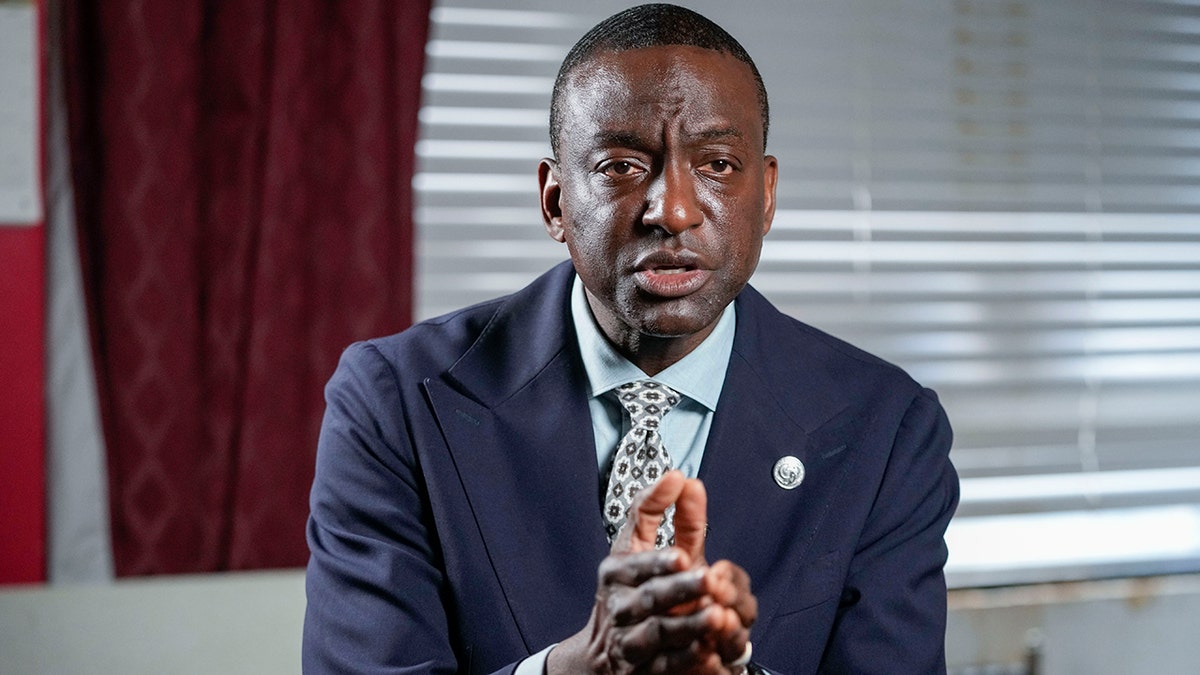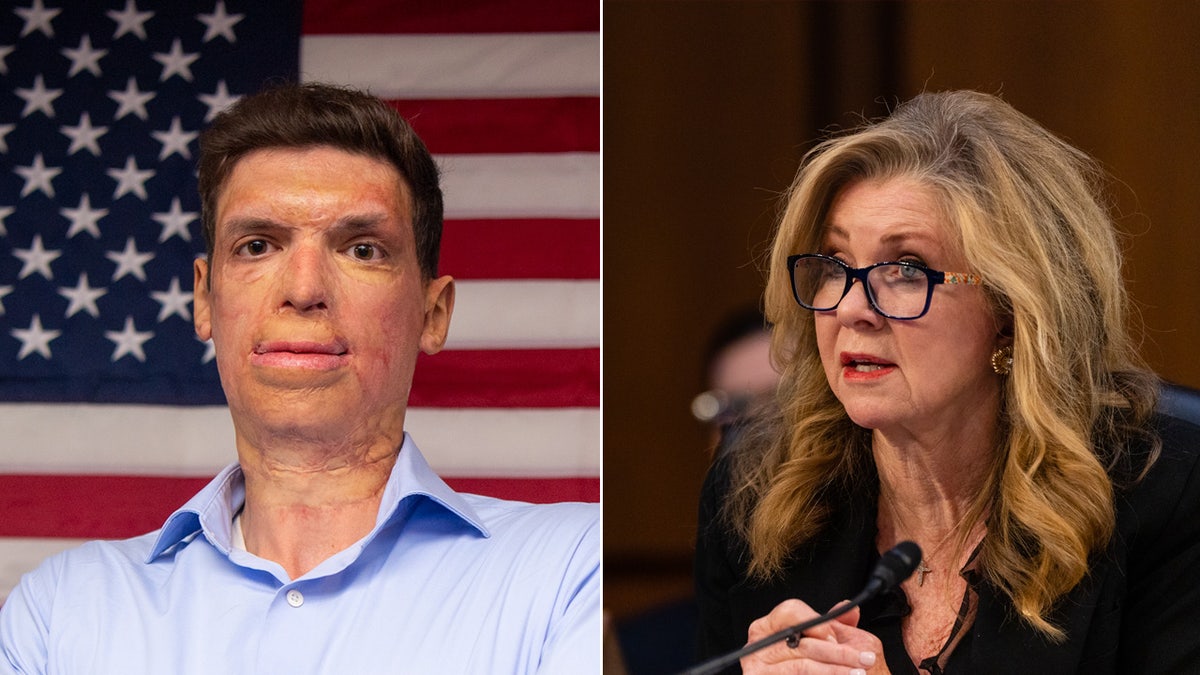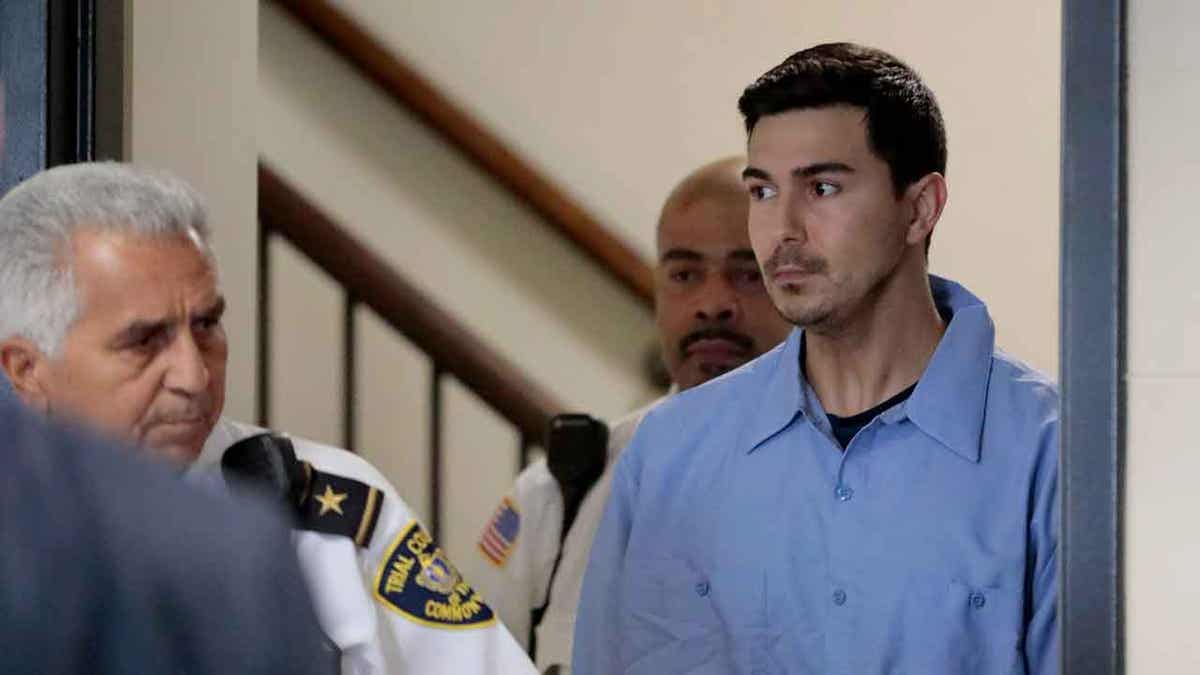Yusef Salaam, once wrongly convicted in the Central Park jogger case, has emerged with a significant lead in the Democratic primary for a New York City Council seat representing Harlem. He ran against established politicians, Assembly members Al Taylor and Inez Dickens, as well as the former incumbent, Kristin Richard Jordan, whose name remained on the ballot despite withdrawing from the race.
This election comes over two decades after Salaam and the other members of the "Central Park Five" (also known as the "Exonerated Five") were cleared of all charges based on DNA evidence, overturning a deeply flawed and racially charged conviction. While the Associated Press has not officially declared a winner, and New York's ranked-choice voting system could delay a final result, Salaam held just under 51% of the vote with approximately 95% of the ballots counted, considerably ahead of his closest competitor.
In a speech to his supporters, Salaam expressed confidence in his victory and described his campaign as a reaffirmation of his purpose. He reflected on his wrongful imprisonment, referring to it as a "kidnapping" while also acknowledging the insights it provided into the racial biases within the criminal justice system.

Yusef Salaam during an interview on May 24, 2023. (AP Photo/Mary Altaffer, File)
While Dickens conceded, she pledged to remain an advocate for her community. A primary win for Salaam would likely translate to a victory in the general election given the district's demographics. This election marks Salaam's first foray into politics.
All three candidates campaigned on addressing key issues like affordable housing, managing gentrification, and alleviating poverty in Harlem. However, Salaam's personal story resonated powerfully with voters. In a district where the Exonerated Five are seen as symbols of systemic injustice against Black and Latino residents, Salaam's experience became a central part of his campaign. He spoke of using his platform to transform past pain into positive change, helping others overcome adversity.
Salaam was 15 when he was arrested in 1989 along with four other Black and brown teenagers. They served several years in prison before DNA evidence and a subsequent confession from another individual exonerated them. The city eventually settled a lawsuit with the men for $41 million.
New York City's ranked-choice voting system allows voters to rank candidates in order of preference. If no candidate secures a majority of first-choice votes, the candidate with the fewest votes is eliminated, and their votes are redistributed based on the voters' second choices. This process continues until a candidate reaches a majority. The final outcome won't be known until all absentee ballots are accounted for, which could take approximately a week.








